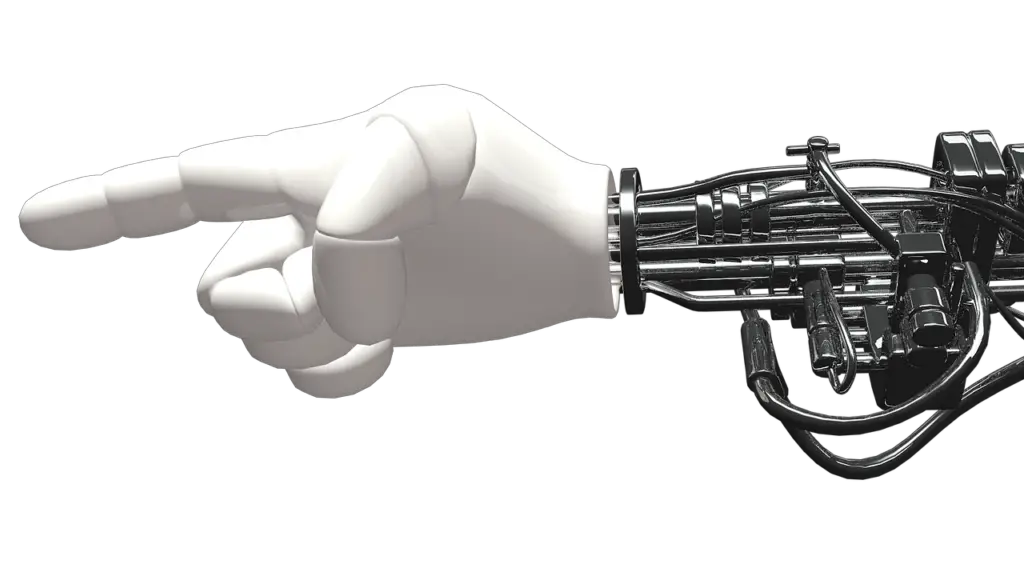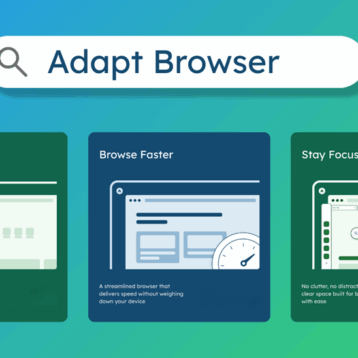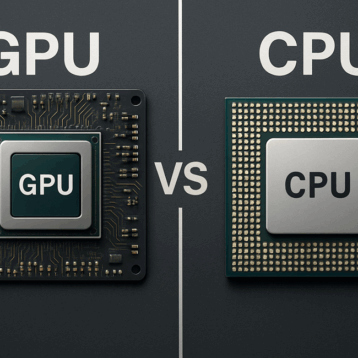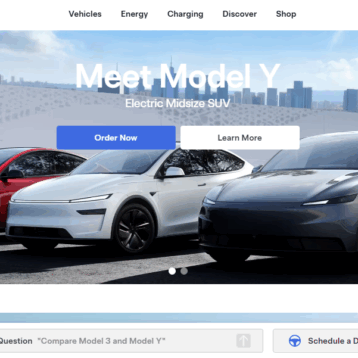
There’s been a disturbing recent YouTube post – a video purportedly showed a military-type robot shooting at targets while itself being intermittently thumped and shoved, only to turn on and shoot one of its human handlers. However, a quick check over at Snopes proves the video is false.
Kudos to Corridor Digital for spoofing Boston Dynamics’ robotic marketing platform (Corridor billed its fake video “Bosstown Dynamics”). It’s not the company’s first attempt at fooling the public with motion capture film tech, either. The reason the video gave rise to widespread initial shock – and a touch of horror, prompting a lot of fact-checking online – is simply because it is already so believable. While perhaps not “out in the field wearing stripes,” this type of soldier robot is already well past the R&D phase in many countries.
The Terminator is no doubt coming, but hopefully with built-in fail-safes allowing their human masters to maintain control over, unlike the Hollywood versions. With amazing military sci-fi in our entertainment these days, it’s easy to not notice more mundane occupations that will probably become extinct within the next three decades.
Yes, soldiers are likely to be robotic wherever we need troops on the ground by 2050. Now that the mild worker panic of 2018 has subsided, remaining industries are likely to shed millions of workers as AI advances.
The biggest AI losers
Having tin cans worth a few million apiece being blown up by grenades might be better than the usual human sacrifices of war if war must persist as a human endeavor.
However, the more general bad news is that not only are robots absolutely going to replace millions of humans who currently work, but we’re also not doing much to reskill or otherwise accommodate those facing the chop. Not only is the wealth gap destined to persist, but millions are also going to find it significantly harder to close in the future as unemployed citizens.
In business big or small, everyone is looking at AI to glean any possible savings it might bring. With more economies than one can count “not in great shape right now,” any tech advance eliminating a cost center – aka a human working at a job – is considered. It’s not all bad news, though; smaller, fitter companies might end up creating human jobs by applying AI. Indeed, many smaller concerns are looking to actively grow into the next decade on the back of AI, both in terms of revenue and jobs created.
The future is uncertain and thrilling all at once, as the digital age truly starts to unfold around modern human centers. Having IT support to fit your growing business is more crucial than ever. The days of being “sorted” by a couple of desktops and a Wi-Fi modem are long gone. It’s true to say that – particularly in this era of advancing remote and robotic technologies – the ability of a small businesses to pop up or take a sharp turn to service rising consumer needs has probably been somewhat enhanced, not stifled.
But when it comes to established industries – which very often give nations their middle-tier membership, and from which most taxes and consumer-driven growth comes – many seem set to lose their jobs, and possibly their industries.
We made robots to be better
The sight of a modern surgeon sitting outside of the main operating theatre, remotely guiding robotic arms to perform delicate surgeries, tells a story. Even though we built that machine and guide it, it does a better job of saving human life than we can. What then, of the millions of nursing and other staff working in the field of medicine? The lab workers following multiple processes of elimination and combination in order to develop new medicinal cures? When the top end of medicine yields to robotics as doing a better job, how long before cyborg nursing and porter staff cluster around ERs all over the world? Why wouldn’t cyborgs do a better job completing logical and extensive pursuits such as laboratory analysis and development?
Indeed, in mining, seafaring, war, medicine, manufacturing, accounting and legal practice – to name just a few industries – it’s obvious to the layman that robots will do a better job, and are going to, shortly. Assuming an artificial presence can accomplish tasks like making the phone calls, popping over to chat, or even simply expressing emotive concern for their clients’ predicaments – robots will (eventually) be better at it.
What does the future hold for us? Saying goodbye
If you were facing death row in an American state, who would you rather have defended your case: a human lawyer who may (or may not) have their life together, or a cyborg that can assimilate a thousand years of global law and forward a convincing plea of innocence before the court?
Would you have your case weighed by a cyborg jury or a collection of your fellow humans? Would you rather have a cyborg judge determine your sentence, or a flesh and blood man in robes? One can imagine that justice, too, might come cleaner from AI someday.
Goodbye call centers full of humans dropping their lunch wrappers in the bins provided. Call centers might very well be the size of the average car and completely automated in another few years’ time.
Goodbye vast tracts of human employment as staff yield to AI’s superior abilities while they move on to something else.
Goodbye sweet fantasies about that charming nurse with a pretty smile as you lie and convalesce in hospital. The nurse is likely to be more efficient and pleasant – along with your surgeon, anesthesiologist and physiotherapist – because they’ll be machines in the future.
Very human, caring, and highly efficient machines – but machines all the same.










